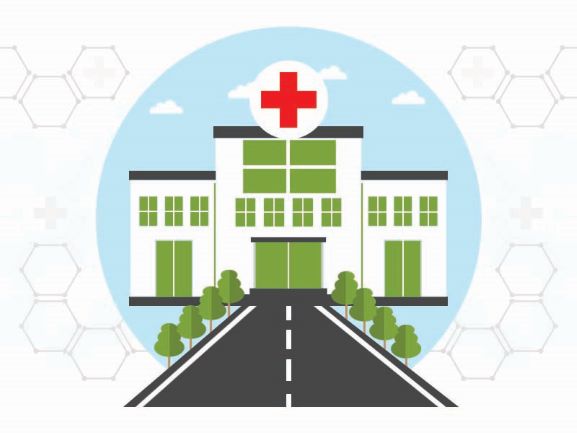Boosting health system resilience now reaps large dividends when emergencies occur.
To do so, governments need to improve their health sector governance, cross-sectoral partnerships based on a One Health approach that prioritizes health service delivery, and pandemic prevention, preparedness, and response (PPR).
According to the new report, Change Cannot Wait: Building Resilient Health Systems in The Shadow of COVID-19, resilient health systems are integrated systems that are aware of threats and risk drivers; agile to respond to evolving needs; absorptive to contain shocks; adaptive to minimize disruptions; and able to leverage lessons learned to transform after a crisis.
These systems also integrate essential public health functions to help prevent, manage, and mitigate impacts of other challenges, such as climate change, ageing populations, and fragility and conflict.
"Investing in resilient health systems requires long-term commitment and action by governments," said Mamta Murthi, World Bank's Vice President for Human Development, in a media release on Thursday.
"With shrinking health budgets following the COVID-19 crisis response, countries need to set priorities for their health spending, including on areas such as public health, disease prevention, and primary health care to protect human capital and ensure health services for all, especially the poorest and most vulnerable," Murthi added.
The report identifies several actions governments can take to make their health system more resilient:
- Investing in robust public health institutions and agile, evidence-based decision making for health crises
- Improving awareness and early warning functions
- Expanding community health workforce and building multi-disciplinary competencies for PPR
- Prioritizing and tracking investments in PPR
- Strengthening risk communication and community engagement
- Investing in primary health care with integrated public health functions
- Enhancing quality legal and regulatory frameworks
The World Bank has long been committed to helping low- and middle-income countries build stronger, more resilient health systems and provide quality, affordable health services to everyone.
The World Bank's $34 billion global health portfolio includes over 240 projects that help countries take a comprehensive approach to improving health outcomes, especially for poor and vulnerable people, by strengthening primary care and key public health functions.
Cek Berita dan Artikel yang lain di Google News



















